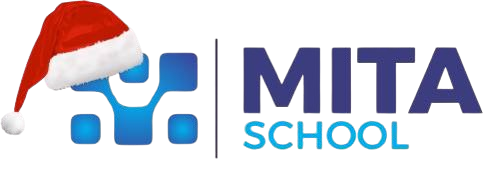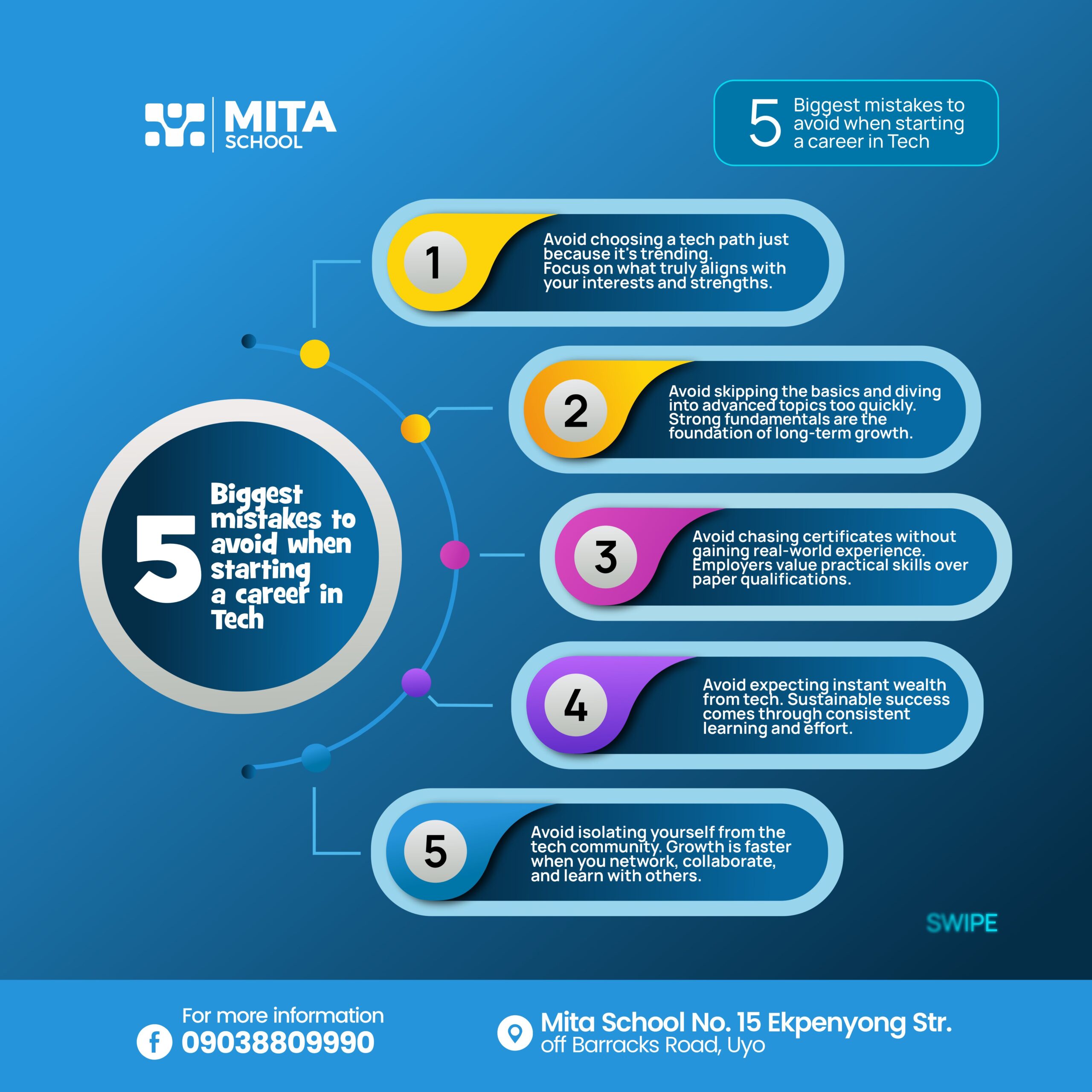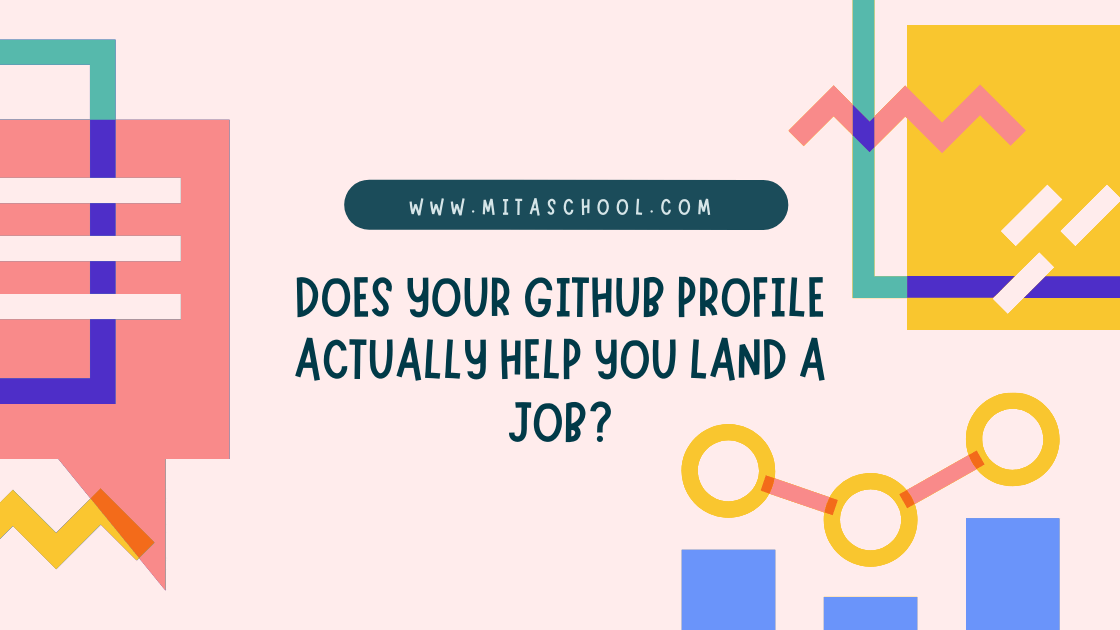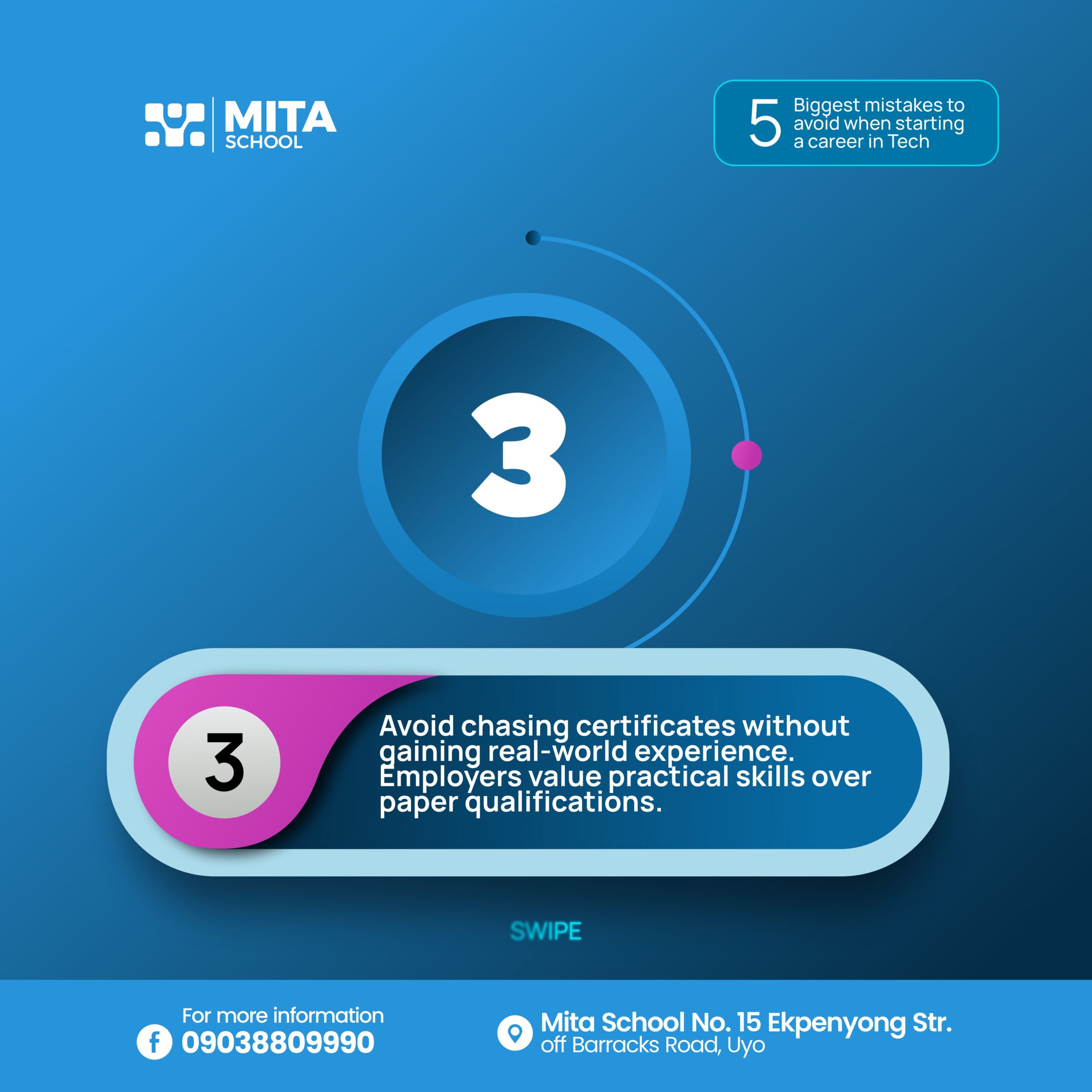When most people hear the word blockchain, their minds immediately jump to Bitcoin, crypto trading, or complicated coding that only tech bros understand. For many, it feels like a closed world reserved for developers and hardcore techies. But here’s the truth, blockchain is much bigger than cryptocurrency, and you don’t need to be a programmer to take advantage of its opportunities.
In fact, right now in Nigeria and across the globe, ordinary people from artists to entrepreneurs, marketers to legal experts are already tapping into blockchain in ways that are changing their careers and businesses. The question is: will you remain on the sidelines, or will you position yourself for this development?
Breaking the Myth: Blockchain is More Than Crypto
Let’s clear this up first: blockchain is not just about buying coins or investing in crypto. At its core, blockchain is simply a digital ledger, a secure, transparent way of recording information.
This “ledger” is now being applied in industries like:
- Healthcare → to protect patient records
- Supply chain → to track goods from production to delivery
- Entertainment → through NFTs that allow creators to sell digital art
- Finance → enabling cross-border payments and decentralized finance (DeFi) platforms
- Real estate → creating tamper-proof property ownership records
So, whether or not you can code, blockchain is creating real-world opportunities that are too big to ignore.
Discover Where You Fit In
You don’t have to write smart contracts to find your place in blockchain. Some of the fastest-growing opportunities don’t even require coding skills.
- Marketing & Community Management
Every blockchain project needs people who can build trust, explain complex ideas in simple ways, and keep users engaged. Community managers, social media specialists, and content writers are in high demand. - Design (UI/UX)
Blockchain platforms are often criticized for being “too technical” for everyday users. Designers who can simplify user experiences are already changing the game. Imagine designing a wallet app so simple that a 14 year old child can use it, that’s powerful. - Business & Operations
Startups and established companies alike need people who can manage partnerships, operations, and growth strategies. Business analysts and project managers play critical roles here. - Legal & Compliance
Governments worldwide are still figuring out how to regulate blockchain. This creates opportunities for legal professionals who can guide projects through compliance. - Education & Training
Millions of people are curious about blockchain but don’t know where to start. Trainers, instructors, and thought leaders are needed to bridge this knowledge gap.
Think about it this way: blockchain is like the internet in the 1990s. Back then, not everyone was a web developer, but marketers, designers, writers, and entrepreneurs all carved their space in the new digital economy.
Opportunities for Entrepreneurs
Blockchain isn’t just creating jobs; it’s sparking innovation. Entrepreneurs are finding new ways to build businesses powered by blockchain.
- In finance, DeFi projects are giving people without bank accounts access to loans and investments.
- In art, Nigerian creatives have sold NFTs to international buyers, bypassing traditional galleries.
- In supply chains, companies are building blockchain systems to track goods, fighting counterfeit products.
And because the industry is still young, there’s room for people with fresh ideas to create solutions for local problems, from secure land ownership systems in Nigeria to blockchain-based payment systems for small businesses.
Global and Nigerian Context
The global blockchain industry is projected to grow from $7.4 billion in 2022 to over $94 billion by 2027. That’s explosive growth, and it means more opportunities are opening every year.
Africa is already catching up fast. Between 2021 and 2023, African blockchain startups raised over $1.2 billion in funding, with Nigeria leading the way. Local projects are helping farmers access fair prices, enabling peer-to-peer payments without banks, and giving artists international recognition.
Closer to home, the Nigerian government has even launched initiatives like the National Blockchain Policy to encourage adoption. That’s a sign that this isn’t a fad; it’s the future.
Why Now is the Best Time
The most exciting thing about blockchain today is that it’s still early. Just like the internet in its early days, those who start now, whether techie or not will have the advantage of being pioneers.
Waiting until it becomes mainstream might mean you’ll just be a consumer, not a creator. Whether you’re a marketer, lawyer, designer, educator, or entrepreneur, the skills you already have can transfer into blockchain with the right guidance.
In Conclusion
Blockchain isn’t just for developers or crypto traders. It’s for anyone willing to learn, adapt, and seize new opportunities. If you’ve ever felt left out because you’re “not technical,” know this: the blockchain world needs communicators, creatives, problem-solvers, and innovators just as much as it needs coders.
The question is, will you take the step to learn how blockchain can work for you?
At Mita School, we help students explore blockchain in a practical, beginner-friendly way, so you can unlock opportunities whether you’re a techie or not.
Now is the time to move from curiosity to action. Blockchain is shaping the future, and you don’t want to be the one who says, “I wish I had started earlier.”





